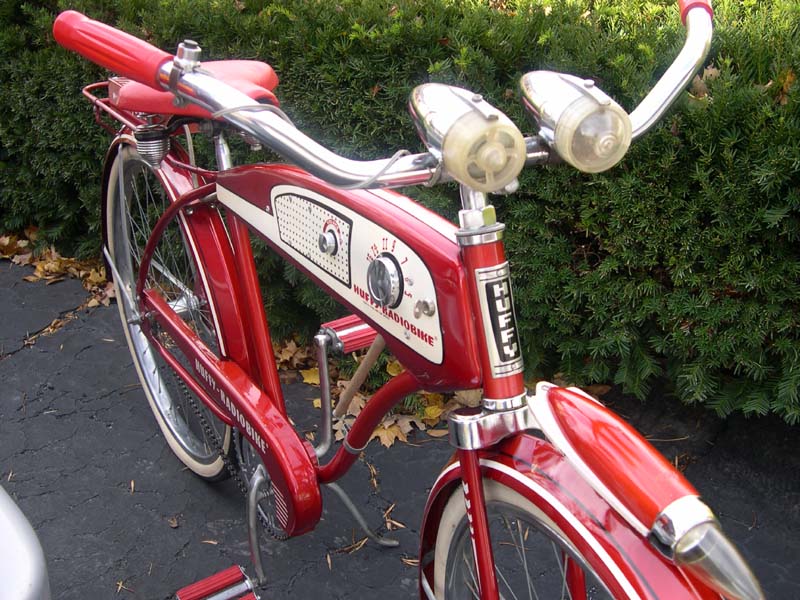One of the pleasures and puzzles of writing is the moment when you finally feel you have a finished piece. Of course, that feeling can announce itself during the revision of a poem or story, only to vanish a day or two later as you keep finding spots that need more polishing. But eventually there has to be a time, even if it’s ephemeral, when the piece feels ready to stand on its own. At that moment, if you’re like me, there is satisfaction in having stuck with the project to completion, along with the underlying mystery of how any piece of work makes the journey from nothing to something.
I think that moment is at the center of my poem “Epistemology” (North American Review, Spring 2012, finalist for 2012 James Hearst Poetry Prize), but I didn’t discover that until I’d been working on the poem for some time. My first drafts are usually hen-scratched longhand in a spiral notebook, and this one started that way, my journal flopped open on the arm of a garden bench at the Anderson Center in Red Wing, MN, where I was a resident in August of 2007. I was idly fishing around for childhood material related to what I sometimes think of as my working class identity. Growing up, what made me feel different from my friends with affluent, professional parents? My first two-wheel bike bobbed up to the surface, and tangled in the spokes was a weedy string of surprisingly clear memories, the sights and sounds of how my dad and I took it apart and rebuilt it one winter.
Memories were enough to fuel a ragged first draft, but the draft sputtered to a halt after a page or so, unclear about where it was going or why. Still, I felt something crucial hidden in that basement scene, so I assigned myself a free-write, during which one detail kept leading to another. The clattering spray can and parts sloshing in Skippy jars appeared early and stayed, because they seemed to be at the heart of the poem, even though I couldn’t say what that was yet. Other visuals added themselves to the scene, although they didn’t make it into later drafts: a beat-up baseball glove skewered on the handlebars, skinned knuckles bleeding through a coating of black grease. No shortage of details, but toward what end?
In the second draft, lines began settling themselves into couplets, which provided scaffolding from which to work. With a structural backbone that was flexible enough to allow shifting from iambic to trochaic and back again, I was able to build, take apart and rebuild the narrative of the bike’s transformation over the course of several more revisions. Along the way, I discovered that I wanted the poem to end where it began, with me riding the bike, but with something gained from the winter’s work in the basement, some knowledge that would mark me differently from my friends on their Raleighs.
So far, so good, but what was that knowledge? I settled for a belief in “whatever I could hold in my two hands,” set that in place as the closing line, and headed off to my writers group. They are a tough-minded bunch and don’t allow their friends to settle for generic triumphs or unearned epiphanies. When they mostly liked the poem, especially the story-telling details, I was pretty sure that it was a keeper. But they were not sold on my ending. “You believed in handlebars? Who doesn’t?” “You believed in anything you could make or fix? Too general, too facile.” They thought I could take it a little further than that.
My post-group revisions revolved around the ending, including more than a page of possible last lines, all variations on the same theme. What was it exactly that I remembered knowing? My unsteady front fork, my Royal Red paint job (“nobody’s factory finish” was a discarded bit that I hated to give up), my squeaky saddle and uncool coaster brakes. The only really remarkable part was that the “second-hand wreck” did get successfully reassembled, and it would remain serviceable for years. In short, it was finished, and I was enjoying the ride, despite its inherent limitations. It’s the same way I feel about reading a poem aloud, if it’s one that has needed major rebuilding to become road-worthy. (For me, that would be most of them.)
Thinking back, maybe “finished” (with its double-meaning nod to my paint job) was the key to solving the problem: “…the heft / and jolt of finished work in my two hands.” Compared to the earlier ending, this was more specific: not just any two-handed work, but finished two-handed work. This also pointed toward a more universal connotation. In the poem, besides enjoying the product of my labor, I’m also revisiting an early conviction that knowledge comes from any process seen through to completion, from bikes to teaching to writing.
I am including the entire poem below, for reference sake. With luck, the comfortable iambic shuffle of the final lines will reinforce the reader’s feeling that they too have arrived at a moment of completion, with at least a momentary recognition of those times when knowledge flows from muscle-memory and the stubborn patience of their own two hands.
EPISTEMOLOGYSoftball season in the year of the metal-flaked
three-speed Raleighs, their coolness audible at every show-off chance to calmly backspin and shift, then stand on the pedals to leave us pumping along behind. Well,
I’d learned last winter’s secrets from my dad, how a pock-marked, second-hand wreck
could be wrenched apart, washed clean in a series of sloshing Skippy jars,
anointed in grease, then fumbled back together, right down to the insoluble rear hub.
When I looked down at my squawky steed, bouncing and veering in the dry grass,
I knew I’d held that rattling spray can high, like a crapshooter winding up and ready
to let fly, and remembering believed in coaster brakes and Royal Red, the heft
and jolt of finished work in my two hands.
Scott Lowery’s first collection, Empty-handed, is the winner of the 2013 Emergence Chapbook Series Prize and will be published in December by Red Dragonfly Press. Lowery lives with his wife in Rollingstone, MN, and teaches for the Winona Area Public Schools. Photo by HuffyHistory. Scott's poem, "Epistemology," is featured in issue 297.2.



